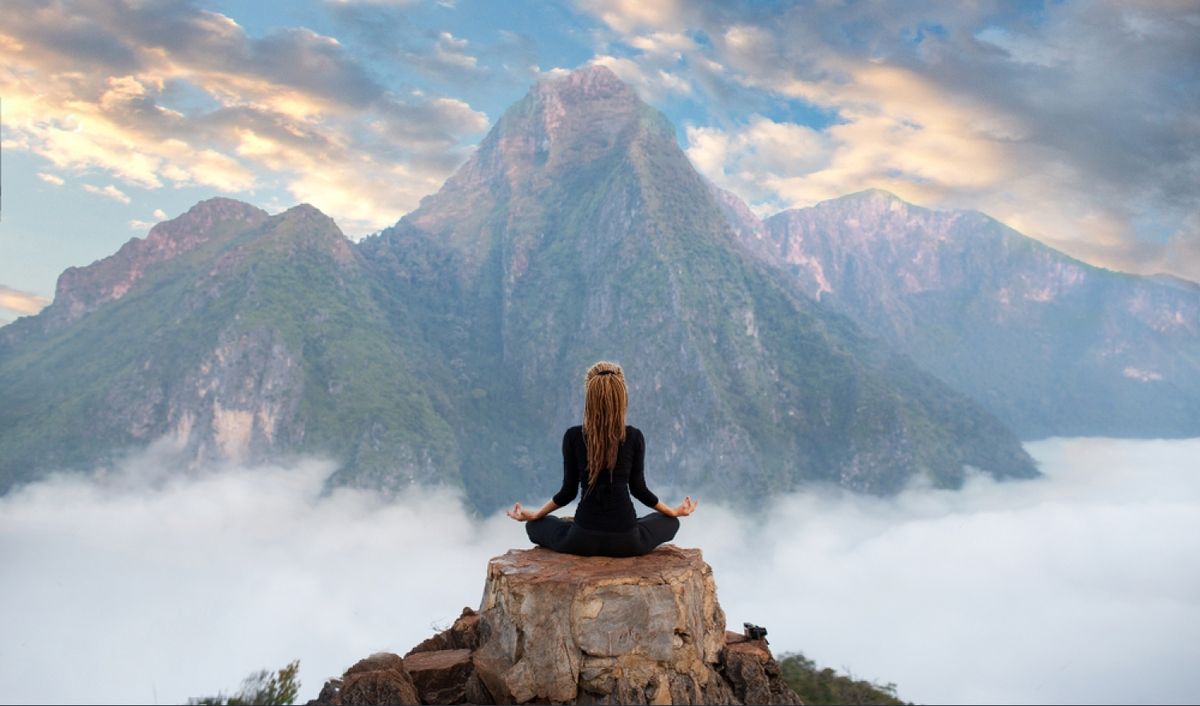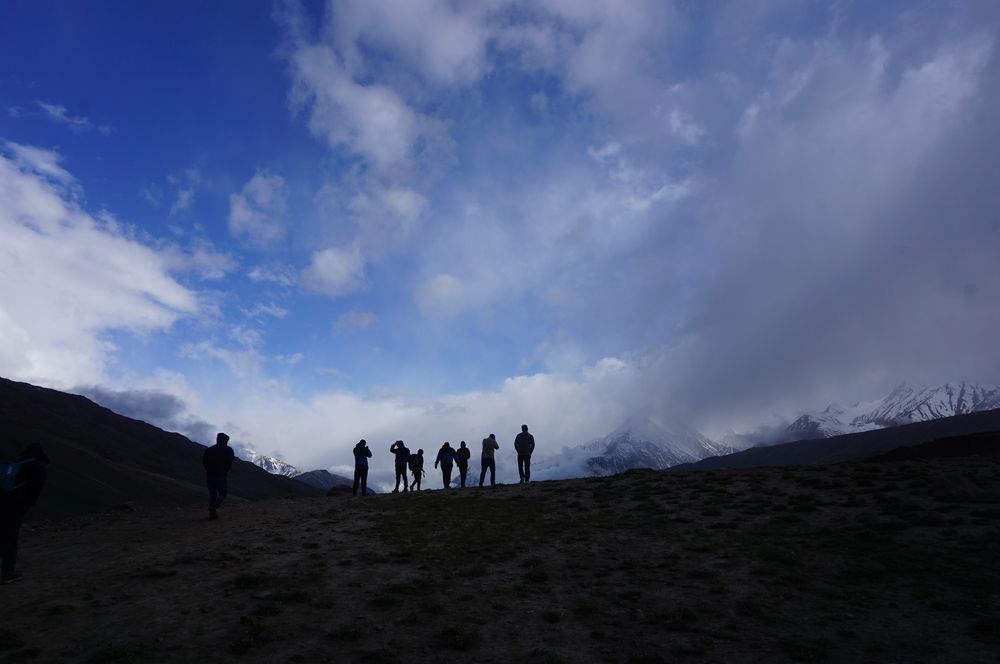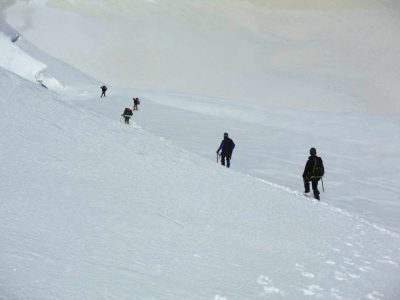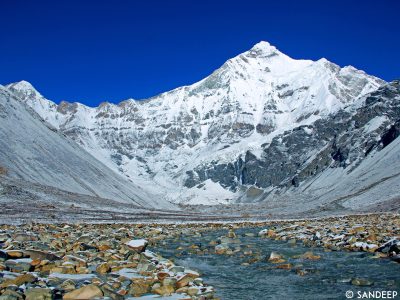Trekking is an incredibly popular outdoor activity enjoyed by people of all ages and fitness levels. It’s a great way to stay active, explore nature, and challenge yourself with ever-changing terrain. There are many mental and physical health benefits associated with trekking that make this unique sport even more appealing.
Importance of Maintaining Physical and Mental Health
No matter what activity we do, it is important to take care of our physical and mental health. With the rise in technology and the emergence of digital devices, many people struggle with maintaining their physical fitness as well as their mental well-being.
Lifestyle diseases such as diabetes and hypertension are on the rise due to sedentary work-life and unhealthy eating habits. Plus, with the stresses of daily life, mental health issues like depression, anxiety, and stress are increasingly prevalent.
The Benefits of Trekking for Your Health
Trekking can be a great solution to these issues. It offers physical as well as mental benefits that will help keep your body and mind healthy. Here’s how:
Physical Health Benefits of Trekking
The physical benefits of trekking are countless. It is a great form of aerobic exercise that increases your heart rate, thereby helping to improve your cardiovascular health. Here are some of the key benefits:
1. Improved Cardiovascular Health
Going on regular treks is a great way to give yourself an extra edge when it comes to your cardiovascular health. By trekking, you increase your heart rate over an extended period of time which helps to naturally improve blood circulation and boost oxygen in your bloodstream. This is good news for those looking for preventative measures against cardiovascular medical issues or who wish to increase their cardiovascular endurance. Not only does trekking help lower the likelihood of heart-related diseases, but it’s also an enjoyable, active hobby that can seen both physically and mentally rewarding!

2. Lowering Blood Pressure and Cholesterol Levels
Regular trekking is a powerful way to lower your blood pressure and cholesterol levels. Not only can it decrease both systolic and diastolic readings, but it can also work wonders on the balance of good and bad cholesterol. High levels of low-density lipoprotein (LDL) cholesterol, otherwise known as “bad cholesterol” play an important role in contributing to heart disease. The good news is that exercise such as trekking helps reduce these bad cholesterol numbers.
What’s more? It can tremendously increase your high-density lipoprotein (HDL) concentrations – otherwise known as the “good” types of cholesterol, turning your health and fitness around towards a brighter outcome! Taking regular treks will not only strengthen your legs but help you maintain a healthy lifestyle for years to come.
3. Increased Muscular Strength and Endurance
Trekking requires you to walk long distances while carrying a heavier-than-normal backpack This helps to give your body an effective workout, strengthening your muscles and building up endurance. Fitness enthusiasts adore trekking because it tones important muscle groups like the leg muscles and upper body physicality, as well as providing a great way to expand their core strength. It also improves balance and coordination, considering how much we tend to negotiate obstacles coming from the terrain. In other words, trekking helps you to become a stronger, balanced version of yourself!

4. Enhanced Flexibility and Balance
Trekking is the perfect way to increase your flexibility and balance. With every step, you’ll be stretching and flexing various muscles that enhance your range of motion. Every move will help to unlock muscles that many everyday activities don’t interpret in their usual routine. This not only increases mobility in your body but reduces the risk of injury from doing more intense physical activities. In short, trekking helps build strength, awareness, and range for better outcomes when you’re active.
5. Weight Management
Trekking is a great way to maintain your weight or potentially even shed a few pounds. The number of calories burned in a single trek can vary based on distance and terrain, but regardless of the amount, you’ll definitely feel the burn! Plus, trekking can motivate you to become mindful of whatever you’re consuming throughout the day. You may find yourself feeling satisfied yet energized simply by dining with caution after hiking. It’s all about making slow yet steady strides when it comes to enjoying the finer things while remaining aware of your goals.
Mental Health Benefits of Trekking

Trekking is not only beneficial for your physical health, but it can also help improve your mental well-being. Here’s how:
1. Reduced Stress and Anxiety Levels
We all know how overwhelming life can be at times. Struggling mentally and feeling stressed are not uncommon experiences. Thankfully, studies prove undertaking activities like trekking in nature can make a big difference.
Research evidence published in BMC Public Health reveals that walking outdoors reduces stress and anxiety levels more significantly than when walking through built-up areas. This suggests spending time simply around nature such as mountains or oceans, can have beneficial effects on the emotional brain.
It doesn’t have to be a strenuous activity or excursion – even a simple walk in open green spaces with trees, birds, and flowers along your path would deliver those mood-boosting vibes! In short, spend some quality time amongst Mother Nature—you won’t regret it!
2. Improved Mood and Focus
In addition to getting some exercise, trekking can put you in a much better mood! Studies have found that spending time outdoors can lead to higher levels of happiness and greatly reduce fatigue. Without the stressors and chaos from the daily hustle and bustling city life, you might also find your concentration levels improving immensely.
Away from the typical hustle, being in nature can give you a necessary sense of perspective; allowing you to gain clarity on any troubles or issues that are currently preoccupying your mind. So if a bad mood suddenly strikes, just take a moment to appreciate all the beauty nature has to offer and find internal peace as well as motivation for conquering your tasks.
3. Increased Creativity and Productivity
Gorgeous views, fresh air, and lots of movement—trekking does more than just offer a great way to relax. Perfect for boosting those creative juices — studies have found that walking can help increase creativity and strength problem-solving.
Say goodbye to strolls around the block; getting out in nature gives your brain a much-needed kickstart. The natural environment is ideal for unlocking untapped potential. Not only do outdoor adventures lead to better focus during work sessions, but they’ve also been linked to improved job satisfaction and overall performance!
Go ahead and send this blog on its merry way…to your boss! Who knows, you may be raising eyebrows with an inviting invitation sometime soon.
4. Better Sleep Quality
At times getting a good night’s rest can seem like an impossible task. But with regular exercise, such as trekking, the amount of sleep we get can be greatly improved! Studies have shown that trekking can increase both our sleep duration and significantly decrease awakenings throughout the night.
Why not also use the outdoors to your advantage? An opportunity to spend some time out in nature can give you the fresh air you need whilst providing a calming ambiance like nothing else! So why keep tossing and turning at 3 am trying to get some precious shut-eye when you can hit the trails instead? You’ll even experience the extra bonus of being able to switch off all devices for an hour or two!
5. Social Benefits and Connections
Social connections are an often overlooked, yet key benefit of trekking. For starters, what better way to get to know and make memories with close friends than crossing off a challenging adventure from your bucket list? Trekking can also be a great opportunity to build new relationships and open your world even more!
Don’t forget the intangible benefits that come along with trekking such as improved communication skills once achieved and shared experiences. When it comes right down to it, trekking is known to foster a sense of community and belonging among all involved which, in turn, can have positive effects on mental health.

Conclusion
Trekking is a great way to improve your physical and mental health. It’s an activity that can help you get fit, reduce stress, and even build relationships with those around you. So the next time you are feeling overwhelmed or in need of some quality time for yourself, consider going out for a trek! Your body and mind will thank you for it. Take some time to reconnect with nature and explore the great outdoors—you never know what you’ll find! Happy trekking!




